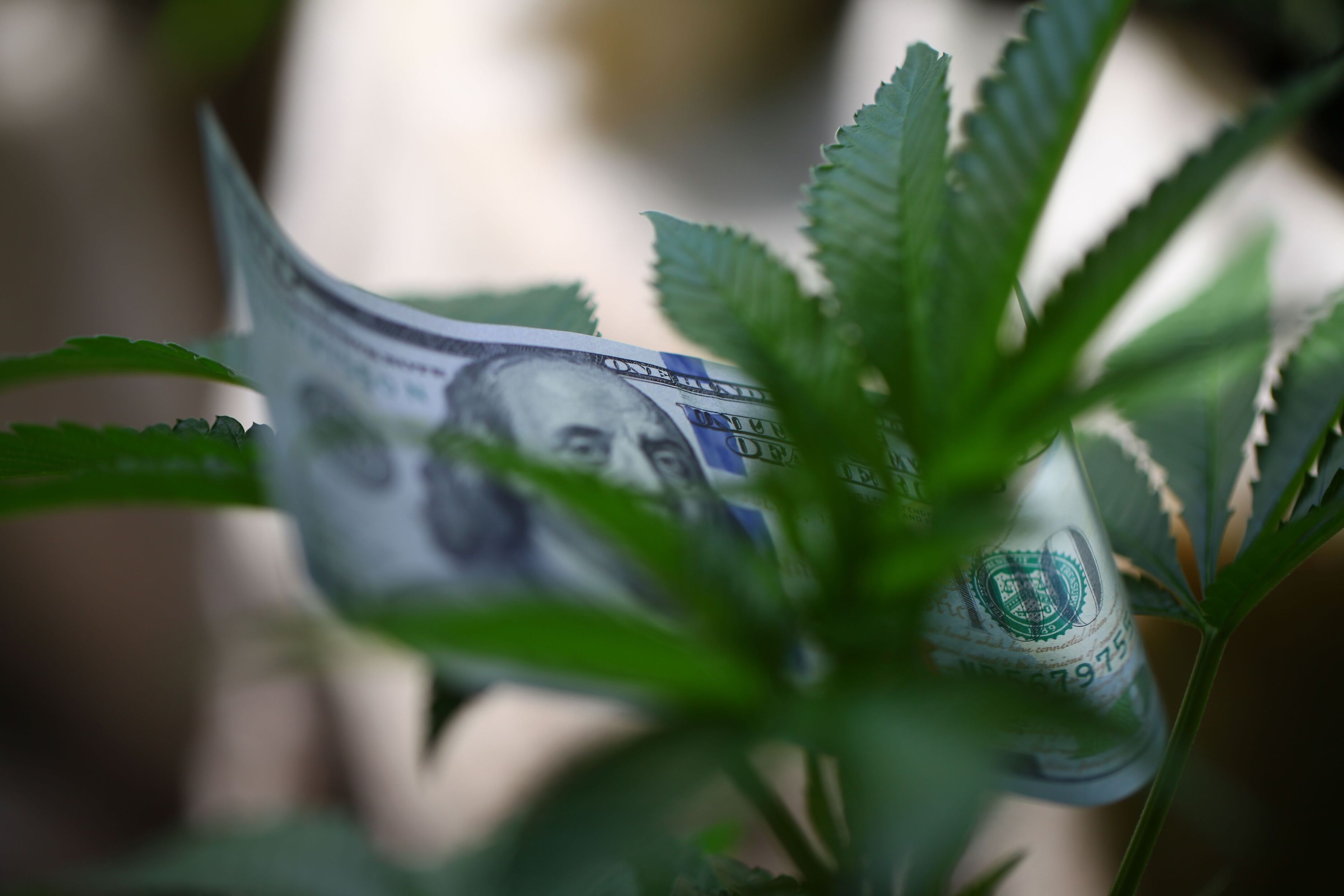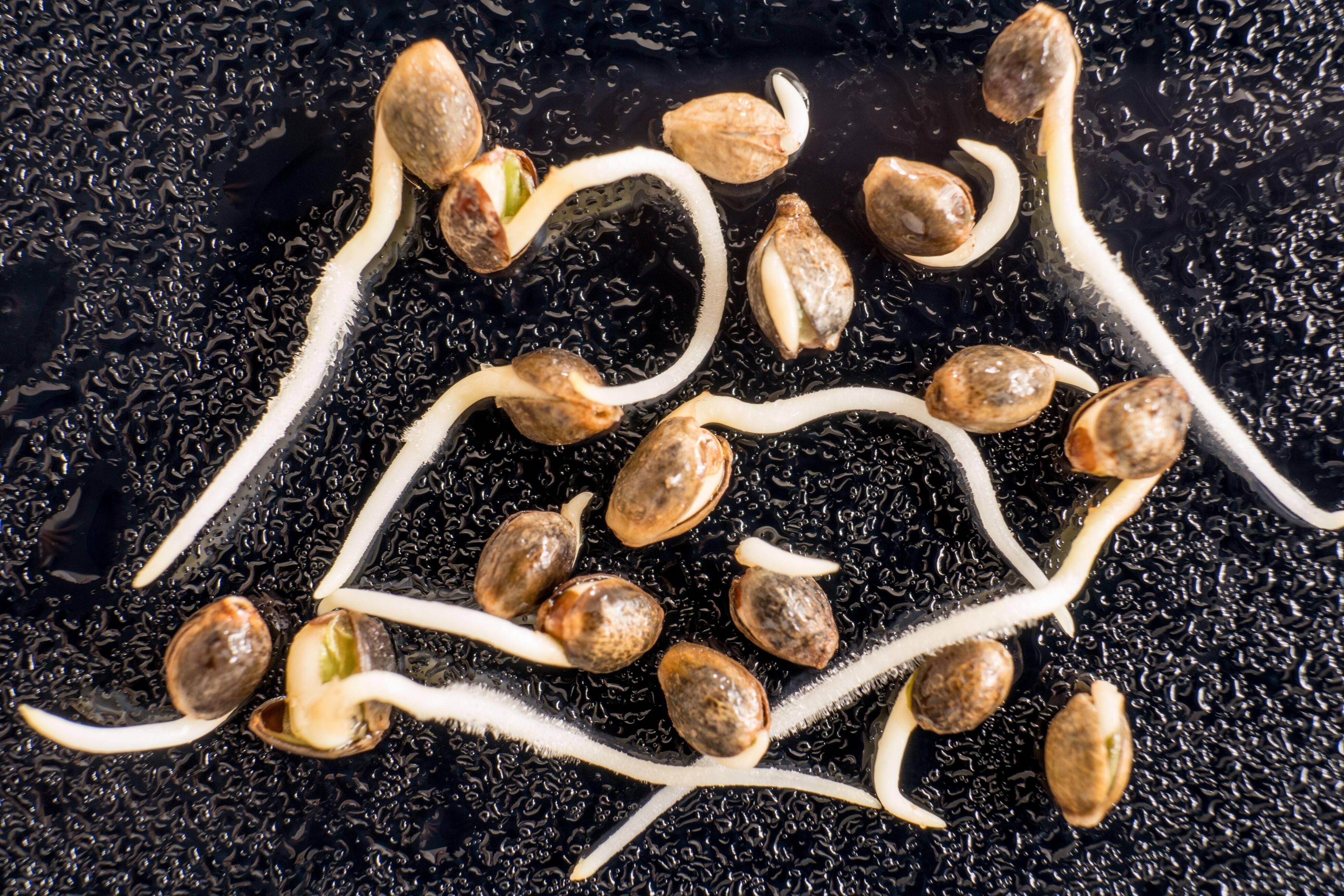
This 4/20 there is something extra to celebrate. Hemp is now legal to grow in all 50 states!
The 2018 Farm Bill legalized hemp on a federal level, but hemp production could still be banned at a state level. Idaho, the last holdout state, finally joined the rest of the nation by allowing its residents to grow hemp.
Idaho Governor Brad Little signed House Bill 126 on April 16 to legalize industrial hemp in his state. Production, processing, transportation and research of hemp can begin in Idaho in 2022.
Hemp rules are being created ‘expeditiously’
To be compliant with Idaho’s new state law, hemp plants must contain 0.3% total delta-9-THC or less. This includes delta-9-THCA.
Hemp transporters reportedly must submit to law-enforcement searches to be in compliance with the new law. They must also allow law enforcement officers to select samples randomly for compliance testing. These samples, though random, may not exceed 20 grams.
Under the new legislation, which is also referred to as the “Industrial Hemp Research and Development Act,” the Idaho Department of Agriculture can now begin developing additional rules, as well as fees, for the production, processing, transportation and research of industrial hemp. It must also submit a hemp production plan to the U.S. Department of Agriculture.
The Idaho Department of Agriculture must complete the new rules, new fees and production plan no later than September 1. However, the legislation calls for these actions to be completed “as expeditiously as possible.”
According to the legislation, this short deadline is “to allow for the production, processing, transportation, and research of industrial hemp in Idaho under the state plan beginning with the spring 2022 growing season of industrial hemp.”
The hemp plan reportedly will be created with the help of the governor, the director of the Idaho state police and the state’s agricultural industry. The rulemaking process will occur at meetings that are open to the public.
New law may still have room for improvement
Unfortunately, the new law is especially strict when it comes to the sale of hemp products. It appears that residents can grow industrial hemp, process the plant material, transport it through the state and use it for research projects as long as it contains no more than 0.3% total delta-9-THC. However, hemp products reportedly cannot be legally sold to consumers in Idaho if they contain any delta-9-THC.
A recent Associated Press article states, “[The] new law does not allow selling to Idaho consumers hemp products containing any amount of THC” even though “[h]emp products with low amounts of THC are not considered intoxicating.”
Those who support the sale of a wider range of hemp products reportedly say that Idaho’s climate is perfect for hemp. They also reportedly point to the sales that farmers could gain, particularly the sale of nutritious hemp seeds and CBD, which many consumers believe improves their health.
Those who oppose the sale of hemp products reportedly warn that the legal sale of products containing up to 0.3% delta-9-THC could make it more difficult for police to enforce drug laws.
According to the Associated Press, the supporters also claim that area residents are already purchasing products that contain up to 0.3% delta-9-THC. They are just crossing state lines to do so, which risks prosecution.
Idaho's Industrial Hemp Research and Development Act is certainly a milestone to celebrate. However, Idaho rule makers may have a few kinks to work out as time goes on. It will certainly be interesting to see how the hemp legislation in this state progresses.
Sources
[3] https://agri.idaho.gov/main/hemp/
[4] https://apnews.com/article/brad-little-marijuana-idaho-laws-4fb1469a1670d43f70cf12c8b3d68ed5








































